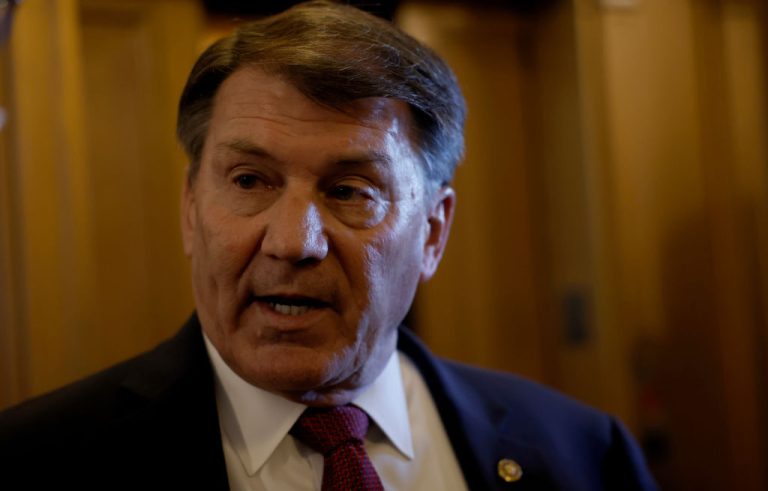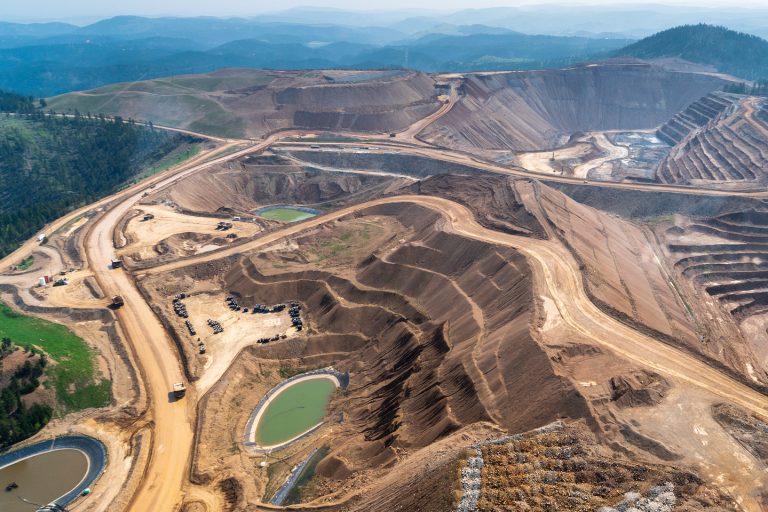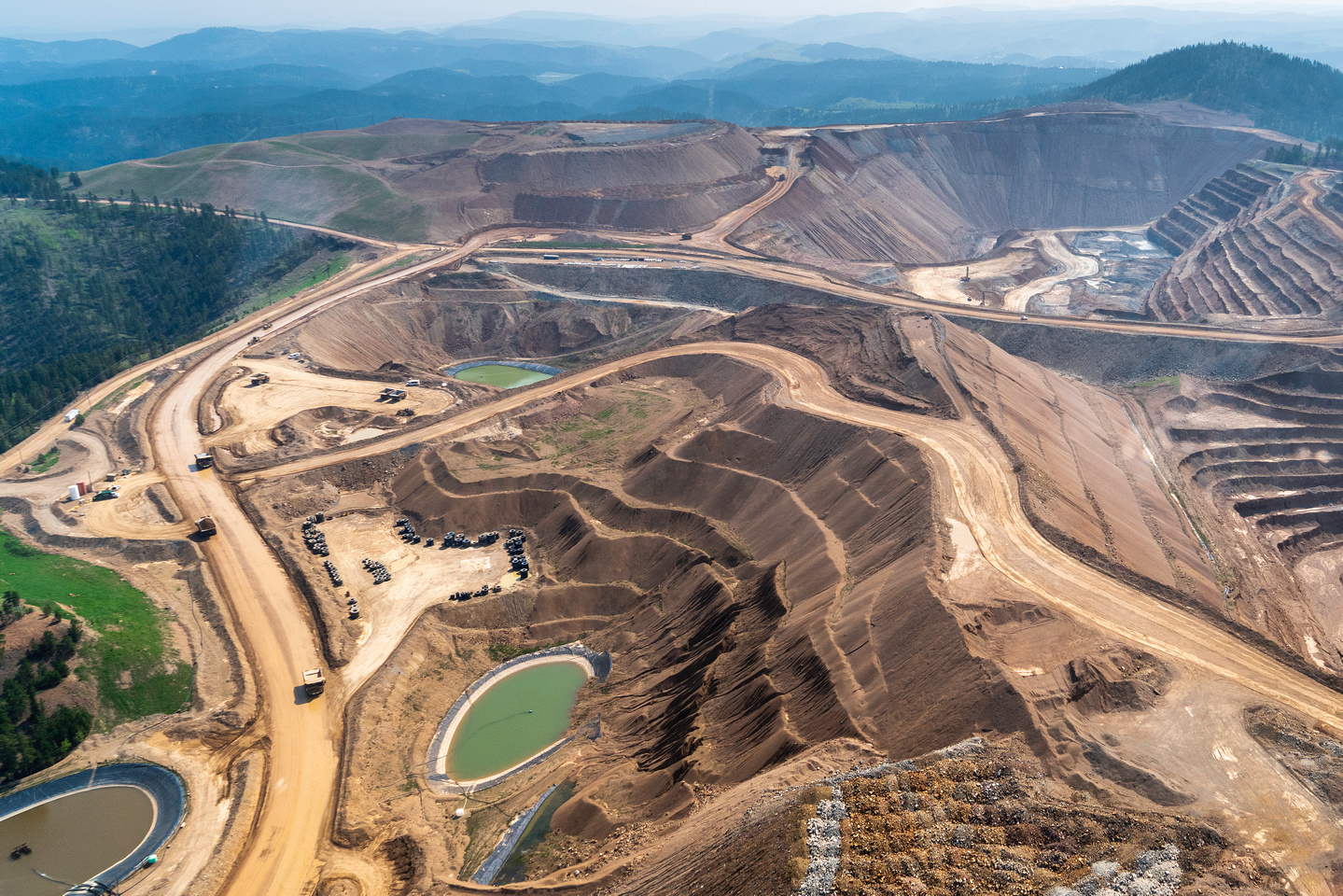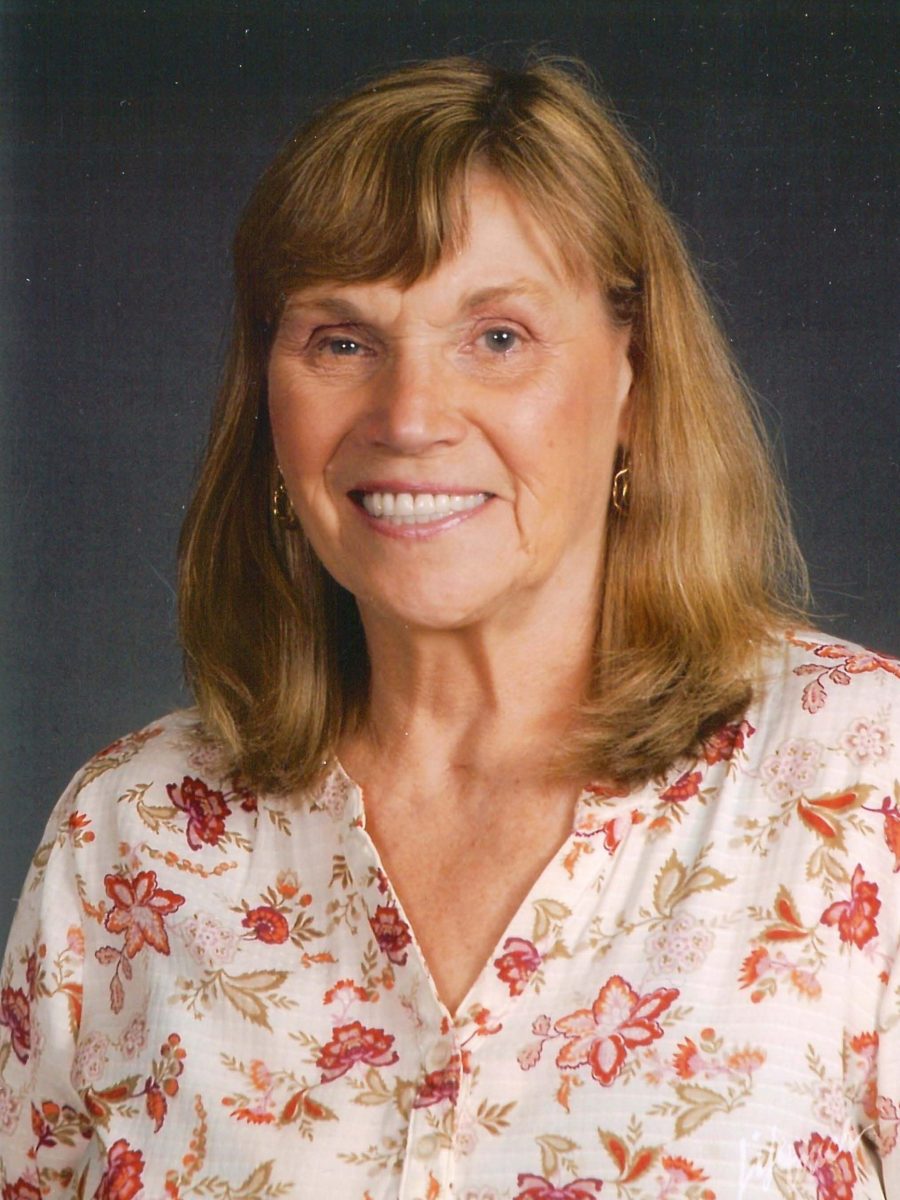RAPID CITY, S.D. – With increasing COVID-19 infections and hospitalizations in western South Dakota, coupled with a continued nursing shortage across the nation, Monument Health hospitals are experiencing stressed capacity throughout the health system.
“We’re very busy. Over the past two months, Monument Health has averaged nearly 240 adult patients per day at the Rapid City Hospital, compared to an average of 214 patients per day during the same period in 2019 and 199 in 2018. Today, we have 93 COVID-19 patients in our hospitals, which is a new record high,” said John Pierce, President of the Rapid City Hospital & Market.
“At this time, our limiting factor is not beds – it’s staffing,” he said. “We’re serving more people than we’ve ever served before. We’ve been aggressively recruiting and hiring registered nurses and support staff since the beginning of the year; however, the demand for medical services continues to increase at a more rapid pace than recruitment. Many clinical recruits have to relocate here, which takes time. We also see an increasing number of our own caregivers out with COVID-19, mirroring the community transmission trend.”
To accommodate more patients, Monument Health is transferring non-COVID-19 patients with low medical needs to the hospital’s surge area, bringing in contract caregivers and working with other hospitals in the region to allow them to keep their patients closer to home.
NEED FOR NURSES
Even before the COVID-19 pandemic, Monument Health was aggressively focused on recruitment. So far in 2020, the health system has hired 255 registered nurses, compared to 204 in the same reporting period in 2019, and recruiting during a national pandemic is much more challenging. Also, 251 nursing support team members, such as Patient Care Champions, have been hired since Jan. 1. During the same time in 2019, 180 nursing support positions were filled.
Throughout the region, health care systems are stretched to capacity. This includes a greater need for intensive care, thus requiring additional nurses trained for the intensive care unit (ICU). The current patient population also requires additional specialists, including lab technicians and respiratory therapists, who are also in high demand. Monument Health is working with national agencies to recruit both permanent staff and contract labor to fill these additional roles. However, we are not alone – we’re facing the same shortages as hospitals across the nation so the competition to recruit these caregivers is fierce.
Monument Health continues to realize increases in caregivers out with COVID-19. “Our caregivers are not immune to COVID-19. We’ve been short-staffed at times because some of our caregivers are recovering at home from COVID-19 or other infections,” said Nicole Kerkenbush, Chief Nursing and Performance Officer. “Like everyone else, they’ve been exposed to the virus in community settings — not at the hospital, where they are protected by masks, gloves and other PPE.”
PATIENTS ARE STAYING LONGER
During 2020, Monument Health hospitalized patients have required higher levels of advanced care. According to the CDC, the average COVID-19 patient is hospitalized between 10 and 13 days, compared to the average hospital stay of 4.5 days for non-COVID-19 patients. In addition, Monument Health is seeing longer hospital stays for its non-COVID-19 patients, compared to previous years. This is partly due to delayed care throughout the COVID-19 pandemic, resulting in more severe illnesses.
The medical staff strives to discharge patients as quickly as it’s appropriate and safe, to make it possible for patients to recover at home. “It’s proven that patients heal faster and better when they’re home and with their loved ones,” said Nita Dunham, Senior Director of Case Management for Monument Health. “We want to help patients get home in a safe and efficient manner, while we work through a new normal with discharges.”
Not only are patients staying longer, but the discharge process has changed significantly because of COVID-19. Prior to the pandemic, Monument Health transferred 120 to 130 patients per month to long-term care facilities. However, because these facilities face COVID-19 challenges as well, this number has dropped to between 70 and 80 per month, meaning that these patients remain hospitalized until the facilities can accept them.
To free up more beds for patients, Monument Health recently opened part of the COVID-19 surge space, called the Prairie unit, to house non-COVID-19 patients with low medical needs until arrangements can be made for discharge. The space is currently set up to accommodate as many 35 patients. Nurse leaders are currently staffing the unit until additional staff can be assigned to the area later this month.
PATIENT TRANSFERS
Since July 1, the Rapid City Hospital transfer center has accepted nearly 2,000 patients from 24 other hospitals in Nebraska, Wyoming and across western South Dakota, representing 89 percent of the total transfer requests received. Patient transfer requests that were not accepted were due to high patient volumes and no available staffed bed, or specialized patient care needs.
Monument Health is more focused than ever on increasing capacity to serve its communities. The Rapid City Hospital incident command center is activated and all hands are on deck to come up with creative solutions. “No matter the role – bedside care or support services – we appreciate our teams and their commitment to delivering high-quality health care for our region. If you see a healthcare worker, please take the time to thank them,” noted Pierce.












